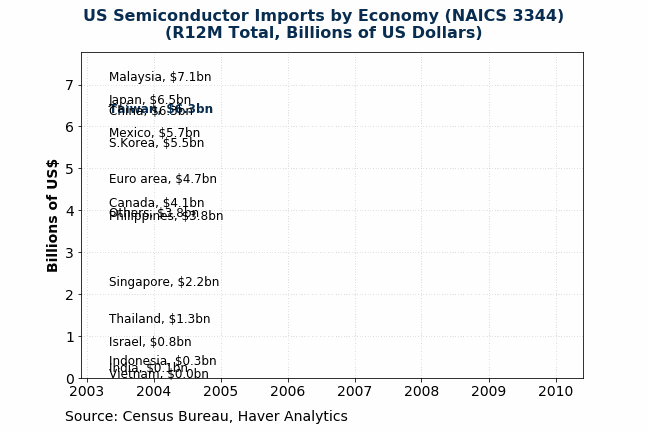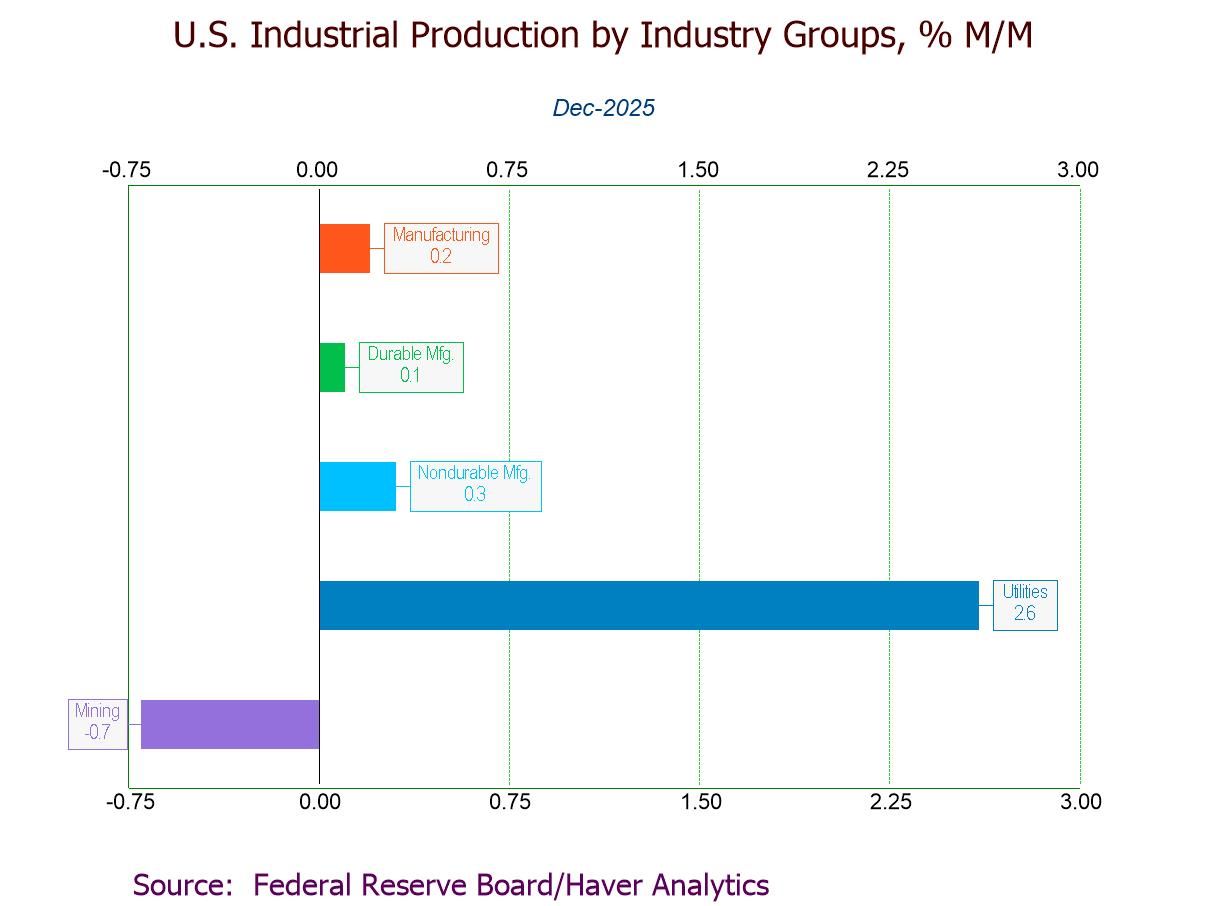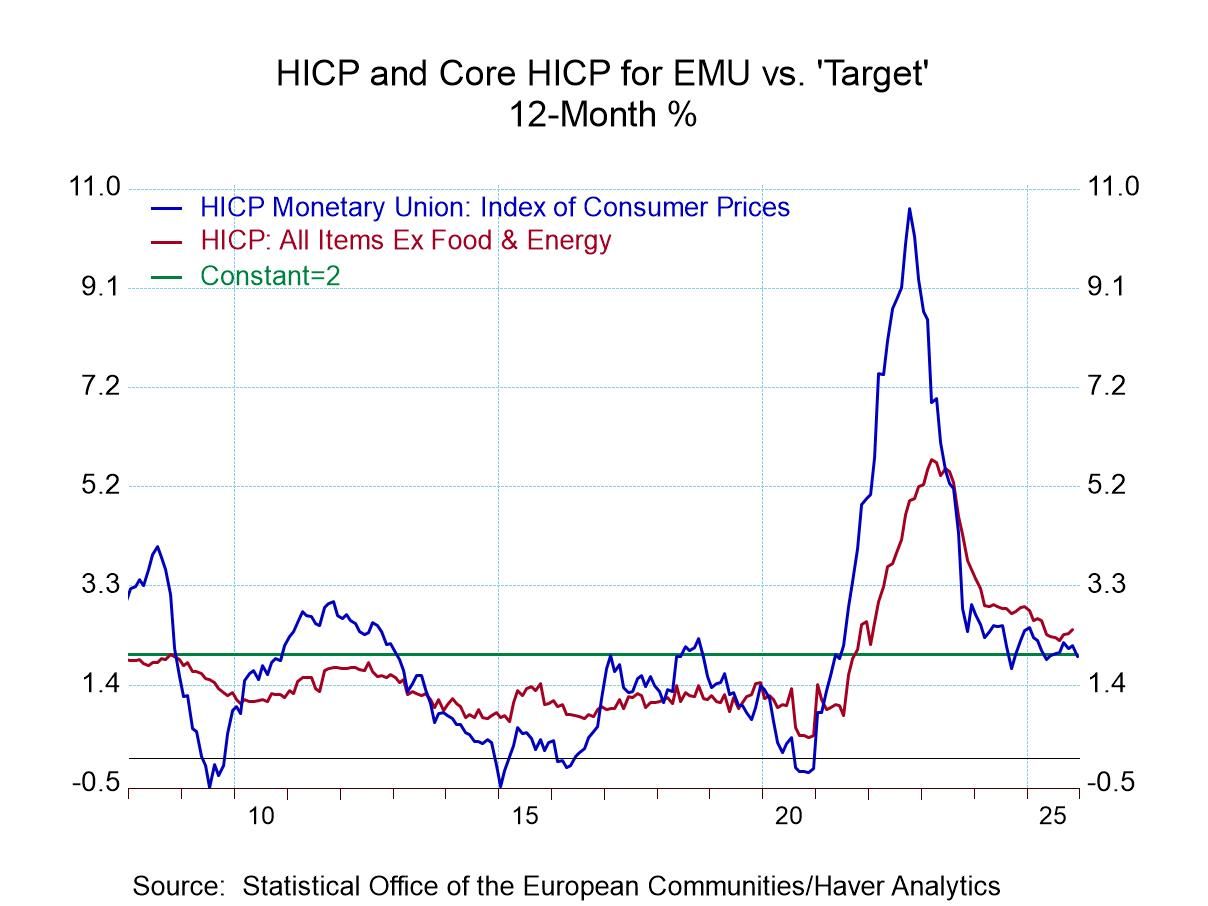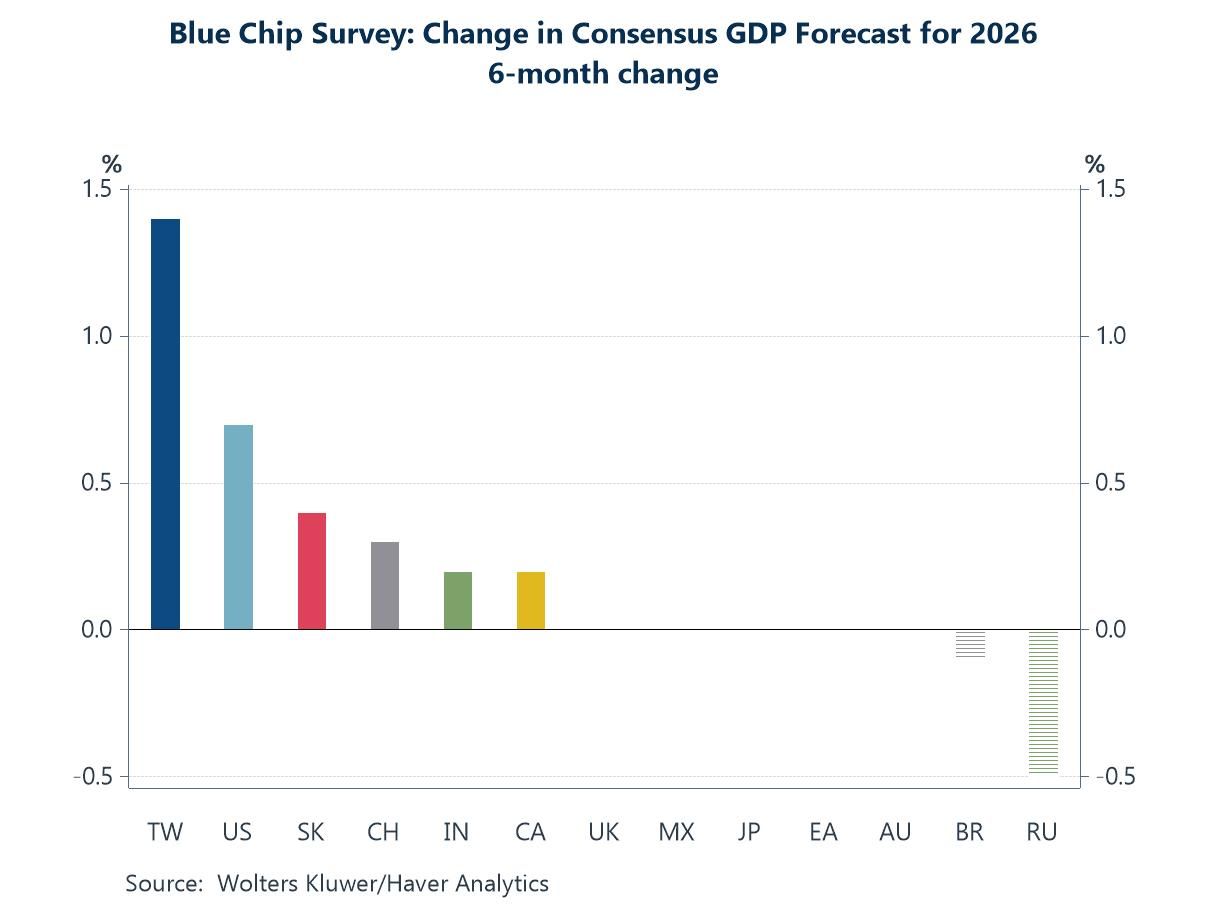 Global| Apr 26 2018
Global| Apr 26 2018German Confidence Flattens and Falters
Summary
Judging from consumer confidence, the largest European economies would seem to be in fine shape. German confidence for May is mooted at a 97.8% queue percentile standing, better only 2% of the time. Italy has exactly the same queue [...]
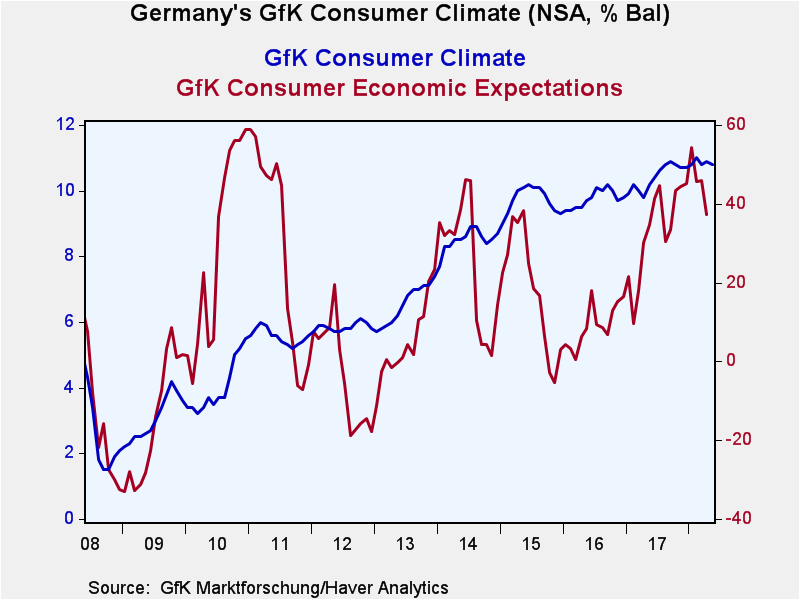 Judging from consumer confidence, the largest European economies would seem to be in fine shape. German confidence for May is mooted at a 97.8% queue percentile standing, better only 2% of the time. Italy has exactly the same queue percentile standing as of its April reading. Slightly further behind is France with confidence at a 92.7 percentile standing. The U.K. is struggling with Brexit adjustment concerns and that has helped to drop its confidence ranking to its 62.4 percentile, a modest but positive standing.
Judging from consumer confidence, the largest European economies would seem to be in fine shape. German confidence for May is mooted at a 97.8% queue percentile standing, better only 2% of the time. Italy has exactly the same queue percentile standing as of its April reading. Slightly further behind is France with confidence at a 92.7 percentile standing. The U.K. is struggling with Brexit adjustment concerns and that has helped to drop its confidence ranking to its 62.4 percentile, a modest but positive standing.
Still, none of the readings indicate trouble and all of them seem to be overmatched by actual economic developments.
I wrote earlier in the week about the disconnection between Italian confidence and the Italian economic and political situations (see my April 24 commentary here). French consumer confidence is higher month-on-month, but the French are protesting change in the streets and their economic momentum is fading. Still, their confidence increases. The IFO just this week admitted that German growth is fading.
The GfK survey for Germany does show a flattening of confidence and small turn lower as of its May projection. The GfK reading has slipped to 10.8 in May from 10.9 in April. But this is not much of a slippage. The GfK measure has averaged a reading of 10.8 for the last 10 months. Its highest reading on the GfK scale has been 11.0. Any way of looking at Germany, consumer confidence is still sky high.
On a lagging basis, the German confidence components are showing somewhat weaker developments. For example, German economic expectations fell sharply in April from their March level (all components lag the headline for confine by one month) and have only an 80.4 percentile standing. Income expectations also have drifted lower; they still have an 88.8 queue (or count) percentile standing. The propensity to buy index, however, continues to churn higher and it has a 95.5 queue percentile standing. German consumers are feeling no pain and their economy is still performing well. But there are still a lot of global and local challenges to be met.
Consumers do not seem to be on the cutting edge of what the various economies are doing. Instead, I judge them to be breathing a sigh of relief that recovery is still in gear and that a decade of struggle has now been put behind them. I do not consider these readings to be statements about the future as much as a comparison with the past. And I also see consumers as having cut their expectations over the past decade making them easier to please. While consumer confidence measures remain high, I would not interpret that as much as being good news as much as it is news of the quality of the water passing under the bridge. There is little sense in these reports of what the next wave might bring.

Robert Brusca
AuthorMore in Author Profile »Robert A. Brusca is Chief Economist of Fact and Opinion Economics, a consulting firm he founded in Manhattan. He has been an economist on Wall Street for over 25 years. He has visited central banking and large institutional clients in over 30 countries in his career as an economist. Mr. Brusca was a Divisional Research Chief at the Federal Reserve Bank of NY (Chief of the International Financial markets Division), a Fed Watcher at Irving Trust and Chief Economist at Nikko Securities International. He is widely quoted and appears in various media. Mr. Brusca holds an MA and Ph.D. in economics from Michigan State University and a BA in Economics from the University of Michigan. His research pursues his strong interests in non aligned policy economics as well as international economics. FAO Economics’ research targets investors to assist them in making better investment decisions in stocks, bonds and in a variety of international assets. The company does not manage money and has no conflicts in giving economic advice.



